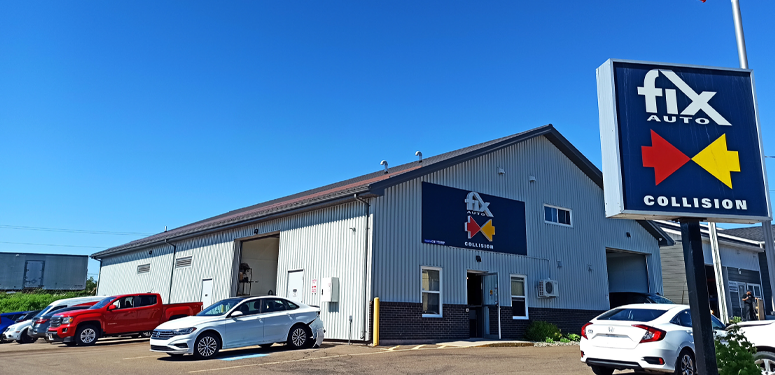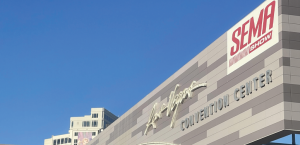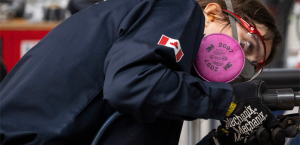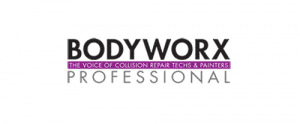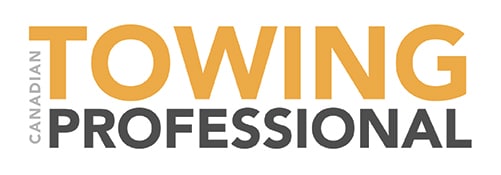TECHNICIANS SEEKING SAFE HARBOUR LOOK TO THE ISLAND
BY MAX REID
Locality and the vision of the neighbourhood body shop have long been sources of pride for the collision industry. It stirs up a wave of nostalgia—jumpsuit uniforms, bright signs that end with “and Sons”—the whole bit.
But the world in which we live is far more global than that of our grandparents who first opened those “and Sons” shops. Many of our technicians have hit the road to look for the shop that can make the best use of their skills, while on the flip side, business owners know they can no longer count on poaching local talent from their competitors.
Welcoming newcomers to Canada has become a lifeline for collision centres like Fix Auto Charlottetown. When estimator and assistant manager Katherine Gordillo immigrated to Canada from Ecuador during the pandemic, finding work was not the biggest issue on her plate—she was an established businessperson in her home country, with credentials to her name—the issue was finding an employer who would work with her through the immigration process and help her grow her career.
In her first steps into the automotive industry, having secured a job in downtown Toronto doing customer service for a collision repair consolidator, Katherine realized that simply finding a job was not enough. She needed to find a company with that was willing to support her immigration application. “One day I spoke with my manager, and I said, ‘I am an immigrant, here is my paperwork. I have an open work permit and at some point, I will need your support to be able to extend my permit. I want to know if you are open to that,’” said Katherine.
She was told that immigration assistance is reserved for skilled positions like technicians and painters, and that even though she was in the process of being groomed to become an estimator, she would not be granted a work permit extension. Seeing no path forward at her current job, Katherine sought out a change.
“I came to Canada in the middle of the pandemic. In Toronto, everything was locked down. At the time I said, ‘I don’t want this life,’ so I looked for the safest place to live during the pandemic. I found P. E.I., and David,” she recalled.
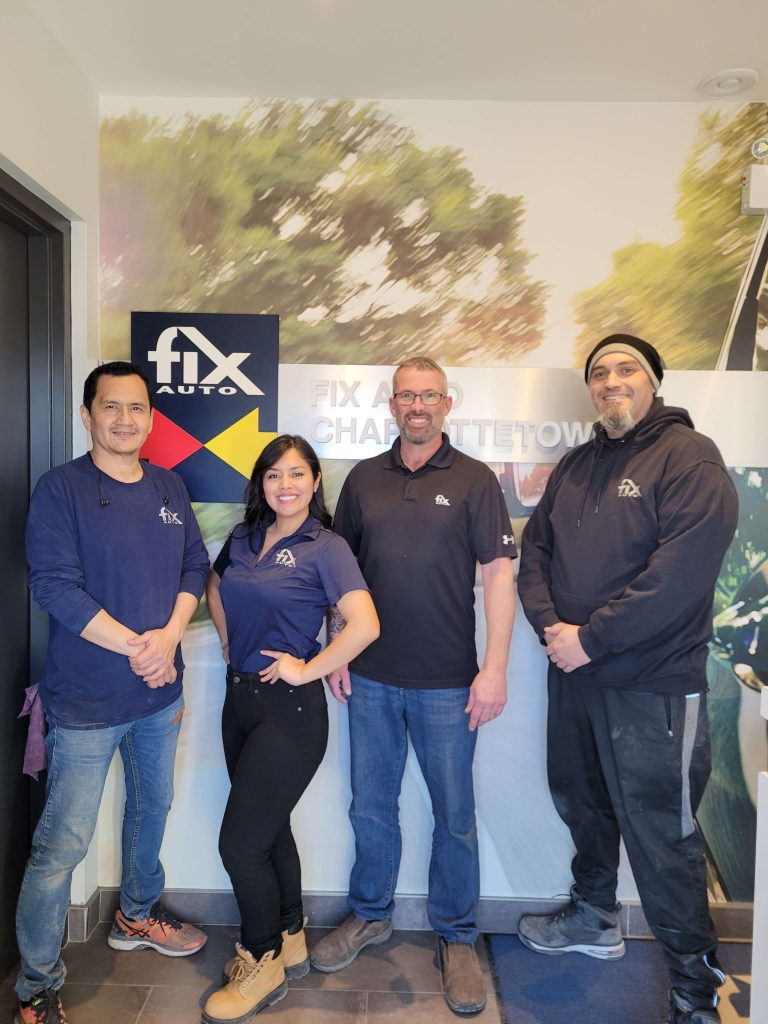
“If you go to a business and see they’re having problems trying to find a candidate for a position, why wouldn’t you look outside of the country, overseas—you have the whole world to choose from.”
– Katherine Gordillo, Estimator and assistant manager, Fix Auto Charlottetown
“We started in this location probably about eight or nine years ago now,” said David. “We were in a different area of town prior to this, and eventually outgrew that location. Now we’re looking for location number three because, once again, we’ve outgrown the one we’re in.”
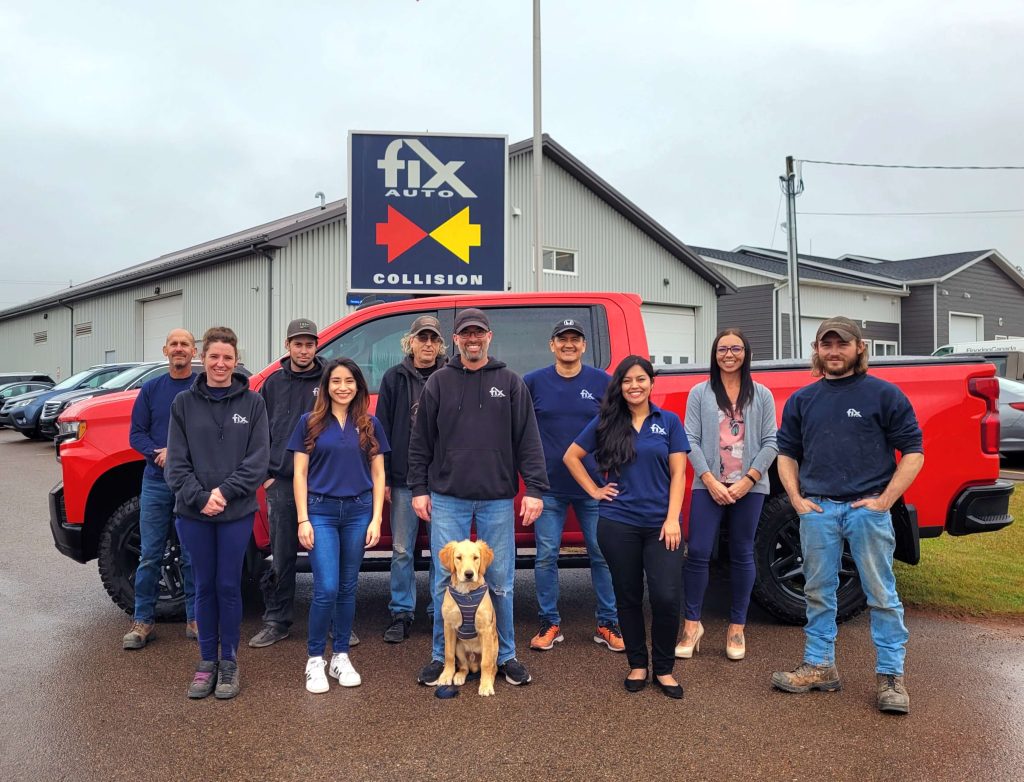
“I’m a third-generation owner; been in the industry for about 20 years,” said David Gaudet, owner and manager of Fix Auto Charlottetown. David and his family’s shop have been a fixture on the island for decades, and while Katherine is by no means the first foreign employee to walk through his doors, the path to getting her set up in her new home came with unprecedented challenges.
“At the time, it was very difficult to come to P.E.I. because the island was closed. I had to prove to the government that I have had all the COVID tests and vaccines, and proof that I had a job to keep me there,” she said. After her job offer and COVID-related paperwork came through and she was approved to move to the island, Katherine rose through the ranks at Fix Auto Charlottetown, from a role in customer service to the estimating job she had long been preparing for.
When the issue of immigration paperwork again reared its head, Katherine was instilled not with a feeling of disappointment, but a newfound hope and trust in the company she works for.
“When I asked about extending my work permit, David was open to helping me with immigration. From there I said, ‘Okay, this company wants to support me and my job, so I want to stay here’,” she said.
“I can’t take credit for the work involved with sponsoring Kathy—she’s a very hard worker; she took care of all the paperwork—all I really had to do was provide some signatures when required. She was the first person for whom I had to be that involved with their permanent residency,” said David.
Like nearly every other collision repair centre currently operating in Canada, Fix Auto Charlottetown has had some trouble drawing in local painters and technicians to work the production floor as of late.
This got Katherine and David talking about what could be done, after social media campaigns, radio and newspaper ads, online job ads and everything else under the sun was not getting positions filled.
The pair decided that they could leverage Katherine’s experience in human resources to make hiring internationally a standard process for the shop. She says that David’s openness to jump through the hoops of immigration for the sake of solid talent is part of what sets him and his shop apart.
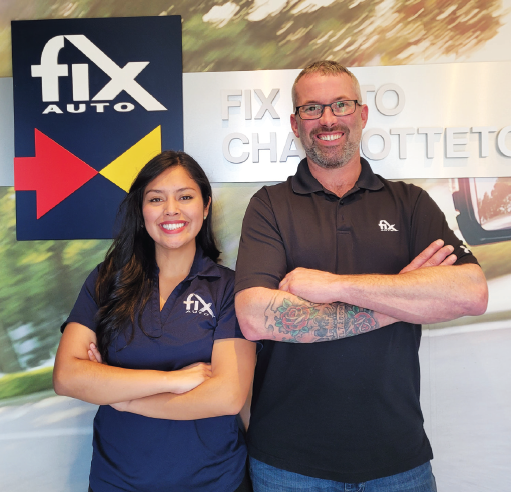
“David is open to hiring internationally and working with immigrants. He is open to giving them the opportunity to prove their skills, and that is the starting point of everything,” said Katherine.
“If you go to a business and see they’re having problems trying to find a candidate for a position, why wouldn’t you look outside of the country, overseas—you have the whole world to choose from, but if the head of the business is not open to it, you can’t do anything.” Paperwork aside, hiring internationally requires a massive amount of vetting, as David and Katherine have come to learn, and you can’t always take people at their word when they say they have the skills.
“We’re working with a painter from Belarus right now to try and get him over because he has a huge resume, but we have to really know that because you can write whatever you want on a resume, so we require videos and work references,” said Katherine.
Once a prospective employee has shown they can deliver, David says that a slow progression is recommended when getting an employee from abroad used to not just a new shop, but oftentimes, an entirely new language and culture.
“It requires patience. They come here wanting to work and I feel like too often they are too eager to just try and please. They don’t want to stir the pot at all, so if I ask them to go do a job, they’ll go and do it to the best of their ability, but it may not be to where we want it done,” he said.
“You need to have some communication where everybody understands that, here, you’re suited for one area of the shop—you can’t do everything yourself. If assemblies and disassemblies are your strong suit, that is where I am going to put you. To start, it’s just about finding that comfortable point for them where they can start to contribute.” Approach the situation with the patience you would want if you had to pick up your tools and move across the world, and the benefits will roll in before you know it.
“One fellow, Rafael, is from Mexico. He came to island when he was working on a program in a different industry. He’s dedicated, hard-working and you really couldn’t ask for a better guy. He’s happy to be here working and helping out,” said David.
Rafael says that despite the leap that required him to uproot himself from family and friends, he is grateful to pursue this “worthwhile dream” under the mentorship of David and Katherine.
“I must admit how surprised I am by the understanding and patience that everyone on the team has had with me,” said Rafael Mendez.
“My position required no previous experience and I had never worked in anything related, but everyone was part of my training and now I feel more comfortable with my job. Additionally, Kathy helped me a lot in the process of transitioning and adapting to the body shop.”
“The other guy, Diego, is from Chile and he has been with us for about a month,” said David. “He has a bit of experience in the automotive industry. It was kind of the same thing; you take them in and just go slow.” Diego Alvarez expressed a similar sentiment of gratitude as Rafael, and acknowledged the double-edge to immigration. “Migrating is a breaking point for many,” he said. “It must be well thought out; it is not for all people.”
About Katherine and David, Diego said, “They have been very kind and patient. I am very grateful to David, who has given me this opportunity, and to Kathy who has been very attentive to how my adaptation process has been.”
Fix Auto Charlottetown benefits as a province quickly making immigration part of its identity, as initiatives like the Atlantic Immigration Program work to accelerate the process for foreign skilled tradespeople looking to work on the island.
“Permanent residency is quicker to gain here in P.E.I. They can get their permanent residency within two years, where I believe in other provinces it can be up to four years,” said David.
Katherine said that, because she had already received a job offer, she was approved for permanent residency within a year. “I have found the island to be a very good place to live. It’s quiet but starting to grow. There are plenty of opportunities you wouldn’t get in bigger cities,” said Katherine.
“Speaking as an immigrant, a lot of immigrants tend to go directly to the big cities, Vancouver, Toronto, where it’s very expensive and you may not have as many opportunities. “I found that, here in P.E.I. there is a better way to live and grow professionally.” It wasn’t easy for Katherine to get where she is today, but she feels reassured to have a supportive employer backing her and the many other new Canadians she hopes to bring into the industry.
“Fix Auto Charlottetown didn’t just support me with my immigration paperwork, but in my professional growth as well,” she said. “Now I’m the assistant manager, and that’s fantastic.”


